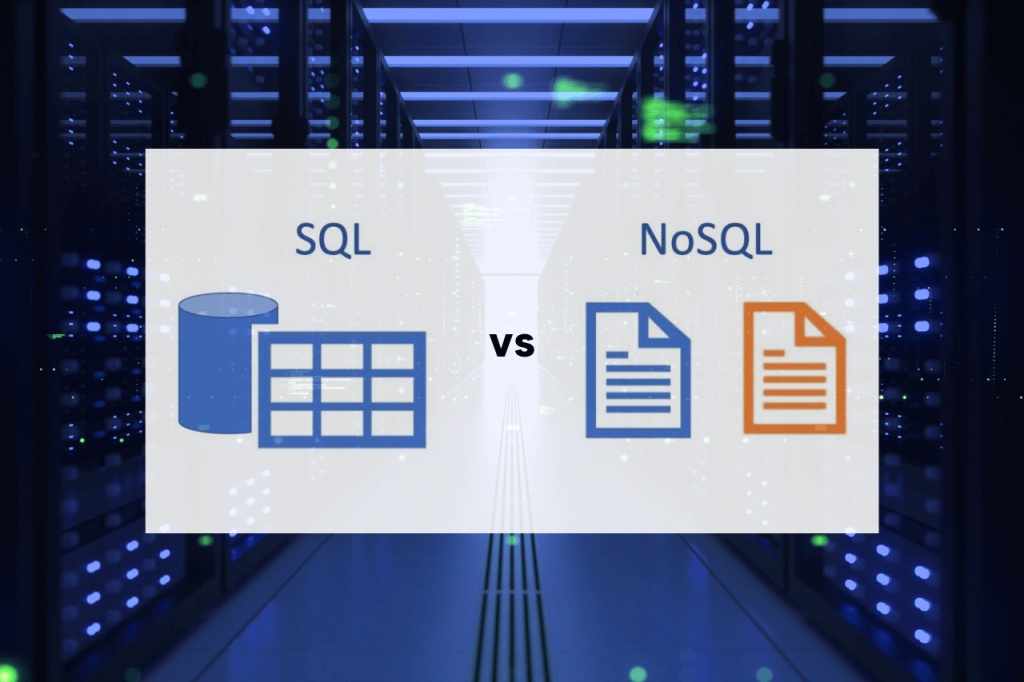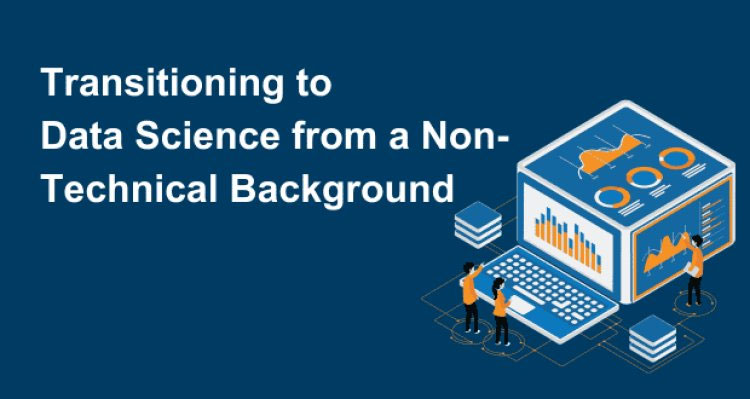Unlocking Career Opportunities in Data Science with SQL Interview Questions
In the dynamic landscape of careers, data science has emerged as a shining star. Its significance lies in its versatility, promising lucrative prospects for individuals from diverse backgrounds, be it tech-savvy or not. As we navigate the world of data science, one indispensable skill stands out like a beacon – SQL.
In this article, we’ll delve into the world of SQL interview questions, shedding light on the pivotal role they play in the data science journey.
SQL Interview Questions – The Gateway to Data Science Success
SQL, which stands for Structured Query Language, is the backbone of managing and querying relational databases. In the realm of data science, SQL plays a pivotal role in extracting, transforming, and analyzing data. Hence, mastering SQL is crucial for anyone aiming to make a mark in the data analytics field.
10 most frequently asked SQL Interview Questions and Answers in 2025
1. What is SQL?
- SQL, or Structured Query Language, is a domain-specific language used for managing and manipulating relational databases. It allows users to create, retrieve, update, and delete data from databases.
2. What are the different types of SQL statements?
- SQL statements can be categorized into three main types: Data Query Language (DQL), Data Definition Language (DDL), and Data Manipulation Language (DML).
3. Explain the difference between SQL and NoSQL databases.
- SQL databases are relational databases, whereas NoSQL databases are non-relational. SQL databases use structured tables, while NoSQL databases use unstructured data storage.
4. How do you retrieve unique values from a SQL table?
- You can use the DISTINCT keyword in an SQL query to retrieve unique values from a table.
5. What is a JOIN clause, and how is it used in SQL?
- JOIN is used to combine rows from two or more tables based on a related column between them. It’s essential for retrieving data from multiple tables.
6. Explain the concept of indexing in SQL.
- Indexing is a database optimization technique that speeds up data retrieval by creating a data structure that allows for efficient searching.
7. What is normalization in SQL, and why is it important?
- Normalization is the process of organizing data in a database to minimize redundancy and dependency. It ensures data integrity and efficiency.
8. How can you sort the result set of a SQL query?
- You can use the ORDER BY clause to sort the result set in ascending or descending order based on one or more columns.
9. What is a subquery in SQL, and how is it different from a JOIN?
- A subquery is a query nested inside another query. It’s used to retrieve data that will be used by the main query. Unlike JOIN, a subquery can return a single value or a single row.
10. What are SQL functions, and provide some examples.
– SQL functions are pre-defined operations that can be performed on data. Examples include COUNT(), SUM(), AVG(), and CONCAT().
These SQL interview questions are designed to assess a candidate’s knowledge of SQL fundamentals, which are indispensable in data analytics roles.
SQL Interview Questions for Various Skill Levels
SQL interview questions cater to individuals with diverse levels of experience, making it accessible for both freshers and those with several years in the field. For freshers, questions may revolve around SQL basics, while professionals with 5 years of experience might encounter more complex scenarios and optimization challenges.

The Rising Demand for SQL in Data Analytics
SQL is the cornerstone of data analytics and data science. As companies harness the power of data to drive decision-making, the demand for skilled SQL practitioners is skyrocketing. Here are some statistics to underline SQL’s prominence in the data analytics landscape:
- According to a recent job market analysis, SQL is among the top three most sought-after skills in data science job postings.
- SQL proficiency can boost your earning potential significantly. Data analysts with strong SQL skills command salaries well above the industry average.
- SQL’s versatility extends beyond data analytics. It’s widely used in web development, business intelligence, and database administration.
Bridging the Gap – From SQL Interview Questions to Data Science
Whether you come from a technical or non-technical background, the path to data science is open. The key is to acquire the right technical skills, including Python, Pandas, and, of course, SQL.
Python is a versatile programming language, perfect for data manipulation, visualization, and machine learning. Pandas, a Python library, is the go-to tool for data wrangling and analysis.
SQL, as we’ve explored, is essential for data retrieval and transformation. Together with Python and Pandas, it forms a formidable trio that equips you to conquer the world of data science.
In 2025, data science will continue to be a field brimming with opportunities. Whether you’re a recent graduate or a seasoned professional looking for a career change, SQL interview questions can be your stepping stone to a rewarding career in data analytics. With SQL proficiency, you can unlock doors to a wide array of roles, from data analyst to data scientist.
As SQL’s importance in the data analytics landscape continues to grow, there’s no better time to embark on this exciting journey. Master SQL, embrace data and watch your career in data science soar to new heights.
Hope you liked reading the article, 10 Most Asked SQL Interview Questions With Detailed Answers. Please share your thoughts in the comments section below.
Follow our social media pages: Facebook, Instagram, LinkedIn








